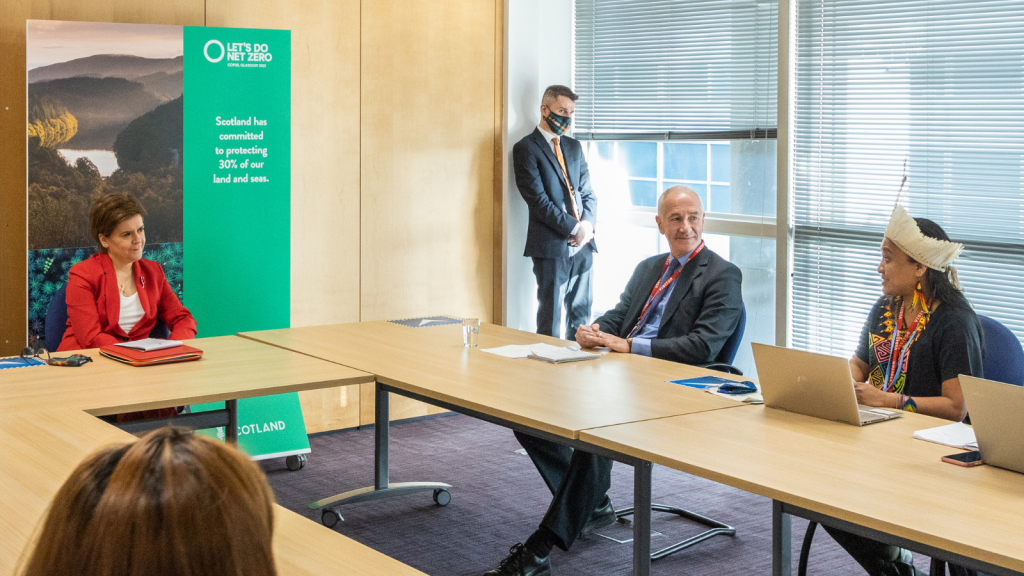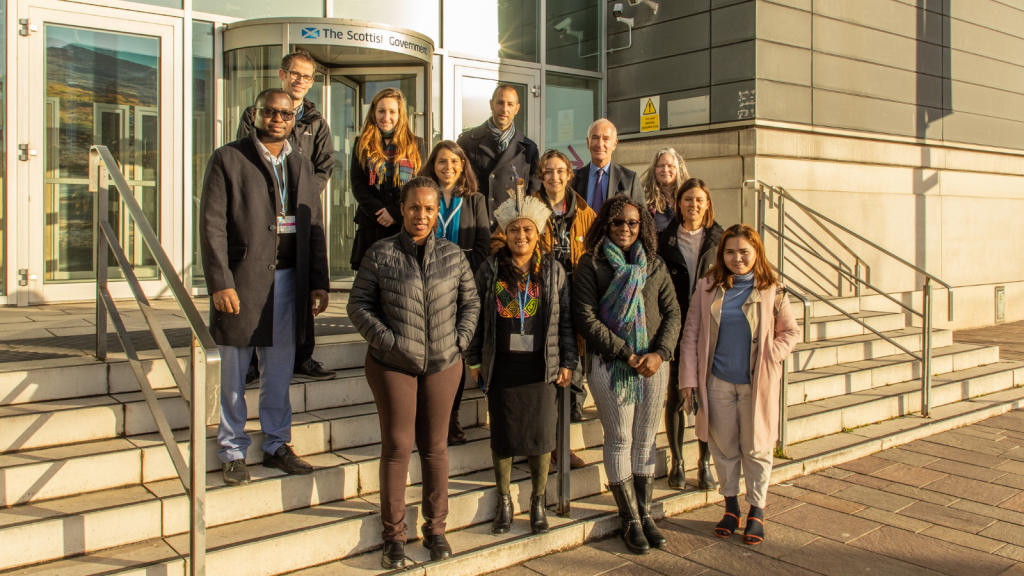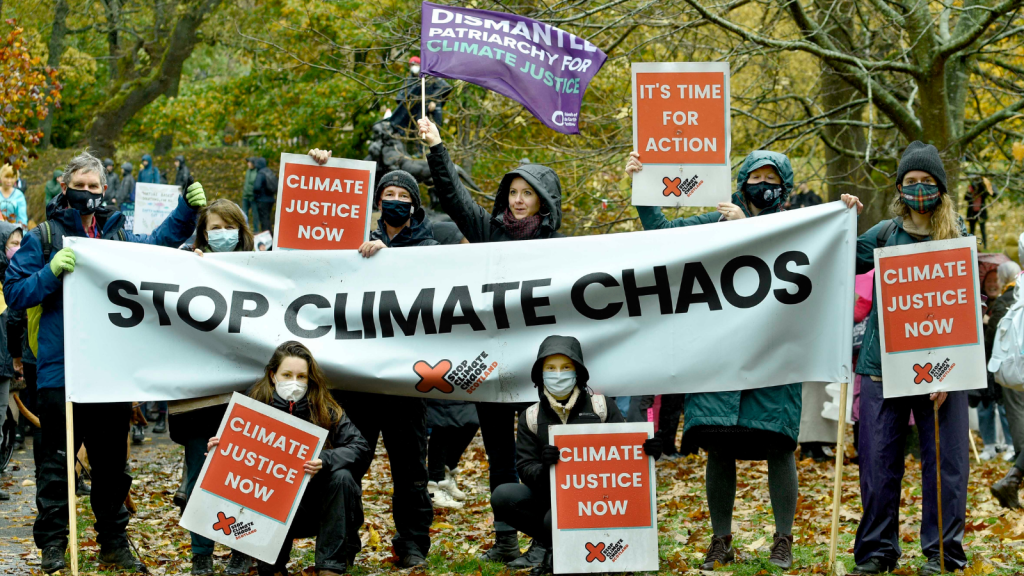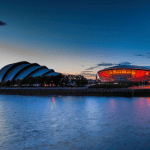So, COP26 is over. The questions for SCCS are: What happened? What happens next?

What happened was that nations failed to agree cuts in emissions sufficient to keep the planet within 1.5°C of warming. Climate finance promises from the developed world to the developing world of $100 billion, due in 2020, were still not met.
The Glasgow Climate Pact acknowledges the science, speaks the language of emergency – but does not contain the action required to meet that emergency. The climate can is ‘kicked down the road’ to 2022 and beyond.
If you view COP26 as the ‘last chance’ to avoid 1.5°C it was a resounding failure; if you view it as part of a tortuous, imperfect social, economic, political and moral process don’t give up just yet – as many have said 1.5 is alive, but on life support.
There is lots of work to do.
‘Phase out’ or ‘phase down’ coal – either way a signal has been given, we have to make sure it is the latter and fast.
Parties have to revisit and strengthen the 2030 targets in their proposed contributions to action by the end of 2022 (not 2025 as it would otherwise have been).
Next year is where the ‘targets’ fight will continue. Offers have been made on methane, forestry and finance, that, if fulfilled, could buy us some breathing space. The United States and China have said they will cooperate. Let’s see if they do.
The gap on emissions is big but the injustice on finance feels bigger.
The house is on fire because rich countries pushed, and continue to push, our petrol infused rags through the planetary letter box.
Rich countries providing finance to the countries of the Global South – to help them cut emissions, adapt to change and pay for damage already caused – is not an act of charity. It is an act of reparation and justice.

We should be proud that Scotland at this COP at least called out the injustice on loss and damage. £2m from Scotland is a dime towards the bill, but at least it is an acknowledgement that rich countries incurred the bill, and we need to pay.
Issues about finance from rich countries to the Global South are central, not only to justice, but also delivery of reduced emissions. Without the finance, the necessary emission reductions are not going to happen.
The conference failed to properly include the voices of those most affected by climate change, with reduced access to negotiating spaces for civil society observers, a lack of affordable accommodation and increased barriers to travel due to visa and Covid requirements. This was shameful.

So where is the hope? Youth strikers, people of every age and walk of life, people who have been shouting about this for decades, people who have just started shouting about it.
Our voices are getting louder, and we are determined. Most politicians, whatever you think of the outcomes from COP26, seem to have finally understood the urgency. Understanding has to translate into action in 2022.
Whatever your view of the outcome, SCCS can be proud of our contribution to COP26 through such things as:
- The Glasgow Climate Dialogues and promotion of the voices of our colleagues from the Global South
- Our ‘Climate Fringe’ hosting work, with accommodation, office space and venues provided
- Our advocacy for action at the Scottish, UK and international level
- Our part in the Global Day of Action Climate march.
Thank you to our staff, volunteers, Board and working group members for your fantastic efforts to make it all happen.
Let’s draw breath, reflect further and come back ready for a determined push next year, at home and abroad, to get this done.



